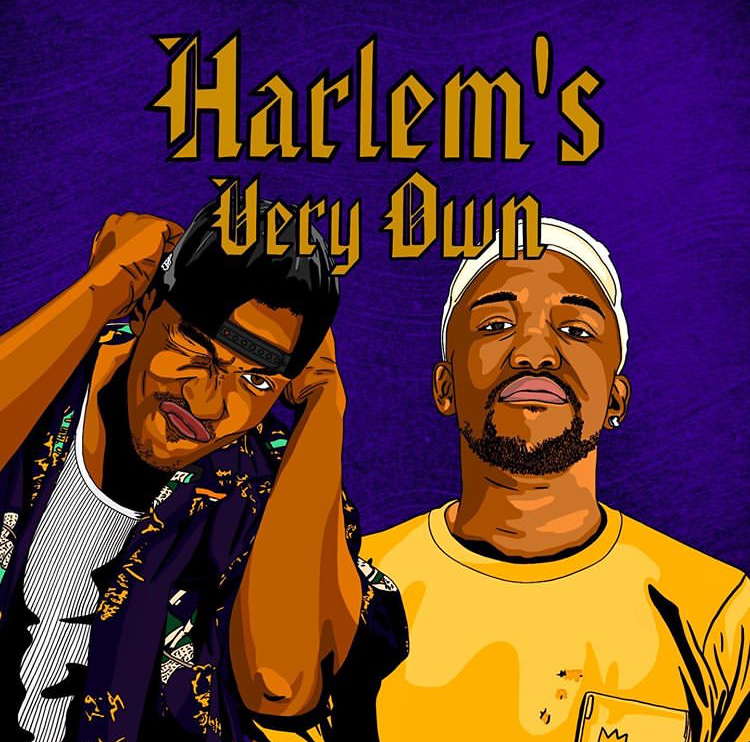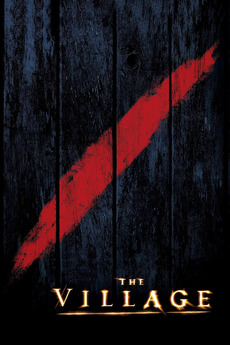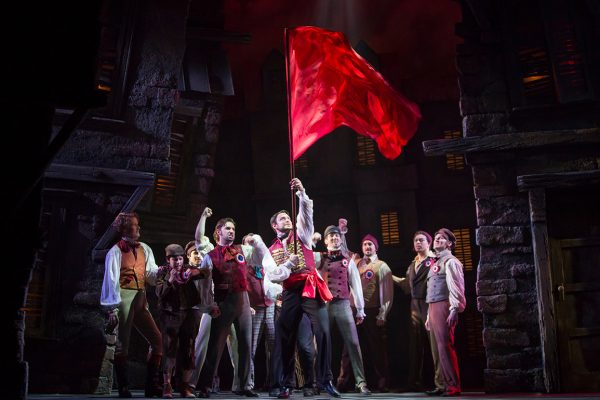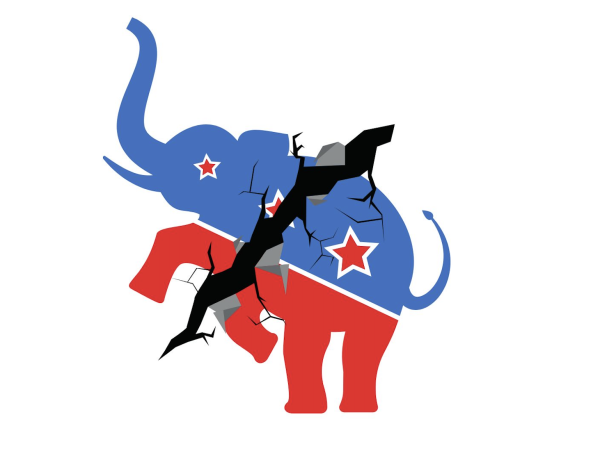Black-published media to uplift and support Black artists
August 16, 2020
As protests, demonstrations and advocacies led by the Black Lives Matter movement continue in NYC and cities throughout the U.S., people are beginning to see the need to expand the media they consume. It is important to support and uplift Black artists, and not only in the midst of a national movement. Popular culture often does not include the work of Black artists, so it is necessary to intentionally seek out Black art and media. The Pace Press has compiled a list of mediums such as podcasts, movies and television shows to celebrate the work of Black artists.
Podcasts
“Harlem’s Very Own”
University student Justin Winley and his friend Jude Steffers-Wilson have been consistently delivering NYC-based content since November 2019. The two hosts being Black men themselves touch candidly on topics that concern Black lives, pop culture and current events through “Harlem’s Very Own” and on their Instagram page, @hvopod. The pair has also begun highlighting Black cinema like “New Jack City,” “Friday,” and “Juice,” so head over to any podcast platform to get their classic recommendations. Whether the two are providing engaging commentary, or if they’re just discussing the music they’ve had in rotation lately, “Harlem’s Very Own” is the perfect Black-hosted and University-associated podcast to enjoy and support.
“Unpack ‘n Bounce Back”
Poet and renowned author Reyna Biddy and actress/pop-singer Skye Townsend teamed up to create a podcast to “unpack” their emotions and feelings through conversation. The pair tells personal anecdotes about their experiences and life lessons. Biddy and Townsend are both outspoken advocates for Black women, and on June 8, they released a roughly two-hour podcast about the Black Lives Matter movement. All of their stories are worth a listen, but this particular episode is deeply moving and demonstrates how incredibly important it is to amplify the voices of Black women, now and always.
“The Nod”
Best friends Brittany Luse and Eric Eddings began their podcast, “The Nod,” as an at-home project they posted on SoundCloud in 2014. The two are known for their heartfelt and meaningful conversations about various topics. They also shed light on aspects of Black history and share information that most people may not know, like in an episode titled “Fearing the Black Body,” which gives insight into beauty standards and the racist backgrounds of fad diets, fashion editorials, etc. Luse and Eddings also put out a short, new episode on June 1 that focused on the issue of police brutality against Black people. The show is no longer running, as the two hosts now have a daily show on Quibi, but their whole library of podcasts is still available for listeners’ enjoyment.
“Still Processing”
The New York Times culture podcast, “Still Processing,” is hosted by one of the paper’s culture writers Jenna Wortham and critic Wesley Morris. The pair talk about all things pop culture: TV, movies, music, social media and art. The show is a way to escape into the joy of culture while the hosts process an array of current and socio-political events. Since the beginning of the podcast in 2016, they have spoken on many topics from a Black individual’s perspective that focus on achieving and sustaining justice for Black people in the United States.
Movies
“Moonlight”
Winning the Golden Globe for Best Motion Picture (Drama), three Academy Awards, ten other nominations across both ceremonies and several other accolades, Barry Jenkins’s “Moonlight” has been cited as one of the most remarkable films of the 21st century. The coming-to-age film follows a young Black man through his childhood, adolescence and young adult life, as he struggles with his sexuality in less-than-accepting environments. The film, not only a monumental piece for Black youth, also explores the seldom-discussed topic of Black sexuality both in youth and adulthood, along with the emotional and physical abuse queer people can endure from their peers and parental figures. The film also features an all-Black leading cast, being pop superstar Janelle Monáe’s first live-action performance. A heartstring-tugging love story and an exploration into Black sexuality, Moonlight is not only immensely informative in the fundamentals of Black lives, but is a general must-watch for the decade.
“Get Out”
While it’s widely recognized by its horror and occasional comedic relief factors, Jordan Peele’s “Get Out” is also a fantastic commentary on the more underlying and often overlooked aspects of racism, such as stereotyping and microaggressions. The film follows a young Black man who faces a bone-chilling revelation when he visits his white girlfriend’s family for the first time. As an incredibly directed horror film with some trademark Peele comic relief, the film works perfectly as an enjoyable yet hauntingly real watch that does a commendable job at informing a wide-scale audience on the grim realities of casual racism.
“Sorry to Bother You”
More so on the dark comedy side of film is Boots Riley’s directorial debut “Sorry to Bother You.” A zany and mind-bending trip, the movie stars Lakeith Stanfield, a telemarketer aspiring to make it to the “top” of his company through the adoption of a “white voice” when speaking to clients. With a number of thematic shifts, turns, sub-plots and sub-messages, the film is almost impossible to describe in-depth without giving too much away, as it shapeshifts before the viewer’s very eyes. More topically, the film subtly addresses important racial relations topics with cunning wit—from slave labor, to cultural appropriation, to microaggressions. Stanfield is also tremendous in his first leading role, as well as his co-stars Tessa Thompson and Jermaine Fowler. “Sorry to Bother You” is another staple piece for a fictional yet realistic and informative Black film of the decade– just be ready to strapped in for a trip of a movie.
“HOMECOMING: A Film by Beyoncé”
The 2019 Grammy for Best Music Film recipient, “HOMECOMING,” is a stunning achievement in documentary film. Beyoncé was the first Black woman to headline Coachella, a key point in the film. The documentary shows intimate looks into Beyoncé’s rigorous training after having twins and is candid about her struggles in getting into performance shape for Coachella 2018, known as “Beychella.” The film highlights the superstar’s historic career and her amplification of Black voices. She had many creative visions for her Coachella performance, and went with the theme of “Homecoming” in historically Black colleges and universities. Bringing in bands from multiple HBCUs, Beyoncé certainly delivered one of the most creative, enormous performances at Coachella to date.
“Michael Che Matters”
This Netflix original comedy special is especially timely (although filmed in 2016) and incredibly funny, which is to be expected from comedian Michael Che. Che, the first Black co-anchor of Weekend Update on “Saturday Night Live,” as well as a writer for the show, tackles many issues in his comedy special like homophobia, gentrification (especially in his home of Brooklyn) and racism. Recently, a clip from the special began circling around social media. The bit refers to The Black Lives Matter movement and the counter-argument that “all lives matter.” Che compares this to a wife asking a husband if he loves her, and he responds “I love everybody.” In a recent interview on “Late Night with Seth Meyers,” Che talks about how disappointing it is that the clip from his comedy special is still so relevant four years later. Showcasing dry sarcasm throughout the show about many injustices in the world, Che’s special offers a fresh perspective with a perfect balance of education and humor.
TV Shows
“Pose”
“Pose” is a deep delve into the Black and Latinx LGBTQ+ community in 1980s New York City. This show is not only a joy to watch, but allows viewers to see the struggles of these marginalized communities in a realistic way. There is a focus on the ballroom scene in which the “families” of the show compete in dancing and modeling. From the mind of Ryan Murphy, this series is eccentric and moving, providing insight into modern culture, slang, music, etc. that originated in the Black and Latinx LGBTQA+ community. Also—it deserved better at the Emmys.
“Dear White People”
With three seasons currently available for streaming, “Dear White People” follows a group of Black college students at an Ivy League institution as they encounter racial discrimination and prejudice from students and staff alike. Much like “Get Out,” the show seamlessly bridges the gap between drama and comedy while also highlighting many of the issues that the characters face throughout the series, like microaggressions, appropriation and assimilation.
“When They See Us”
Ava DuVernay’s “When They See Us” just turned a year old this past May, and it’s still as topical as ever. Based on the events of the infamous “Central Park Five” case, the miniseries touches upon the subject of false accusation and prosecution, subjects that were exhibited blatantly in the 1989 Central Park jogger case—those of which continue to be a reality. At four episodes, each under two hours, the series has received immense critical praise and touches poignantly on the cruelties of the justice system that fuel the police abolition ambitions led by the Black Lives Matter movement and movements alike.













